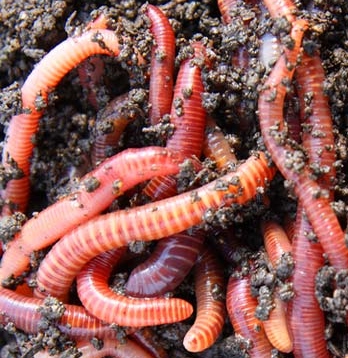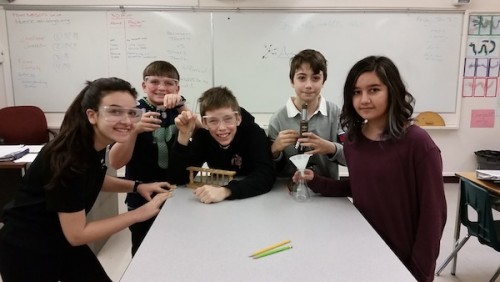Sabrina
CBL#1
Mission 9 to ISS: Red Worms And Composting http://ssep.ncesshttp://ssep.ncesse.org/communities/experiments-selected-for-flight/selected-experiments-on-ssep-mission-9-to-iss/
Who- These are the students who worked as a team to conduct this experiment: Griffin Edward, Vesal Farahi, Shania Farbehi, Kristopher Kirkwood and Joseph Piovesan
Where- These students were from Wescot Elementary School which is located in West Vancouver (School District 45)
When- Their experiment was selected in 2015, so last year.
What- Basically what their project was on was red worms and how they compost in microgravity.
Why- Well, they chose this because red worms really eat food scraps and then their waste or manure you could call it helps newer plant grow. And by using this experiment they thought that one day this will help astronauts grow their own fresh food in space. They also wanted to know whether if red worms could still function and if it would be able to do it’s job in microgravity.
The team knew that “Red worms eat plant scraps and then excrete nutrients helping new plants grow.” They also new that astronauts in space become weightless including the bones and their muscles, so that made them wonder how red worms function in microgravity since worms only have muscles. They also knew that “Composting toilets separates feces from other waste into a giant metal canister. Inside the canister, red worms turn the waste into fertile soil that could be used to grow food.”
Control Groups and Experimental Groups
Control Groups- A control group means everything is the same.(example red worms.)
Experimental Groups- An experimental group is a thing that you change in the experiment to make the experiment comparable.
In this case the experimental group is microgravity(change). This makes it so that you can compare things(microgravity to gravity). The control group is really the procedure, you need to do everything the same in both microgravity and on earth to be able to compare the experiments.
As I did my research on red worms I found out that red worms don’t eat meat which makes them vegetarian. I also found that red worms are the best worms in composting which makes worm farmers choices red worms. They mostly eat organic waste. Red worms are very good at surviving a variety of temperatures. Some thing that I found interesting was that red worms can eat as much as they weigh.
I think that this team of students may have been selected for flight because theirs had a purpose in their experiment. The judges understood that this is worth it because if it works it may help us and astronauts who are in space, to grow food. They also put thought and time to see if it will work. They had info in their proposal to actually sell their experiment to the judges. And most importantly they worked hard together as a team to get where they wanted.

Links:
Group Photo: http://ssep.ncesse.org/communities/experiments-selected-for-flight/selected-experiments-on-ssep-mission-9-to-iss/
Red Worm Photo: http://www.wormfarmfacts.com/Red-Worms.html
Space Photo: http://discoverychannel4you.blogspot.com/2012/09/outer-space-pics-outer-space-hd-pics.html
Control and Experimental Groups Photo: http://slideplayer.com/http://slideplayer.com/slide/4617419/slide/4617419/
.jpg)


Thanks for your complete review. You gave your readers a good understanding of the experiment. It was unmistakable that you knew the who, what , when , where and why of the experiment. I hope this helps you as you decide on your own experiment.
Thank you